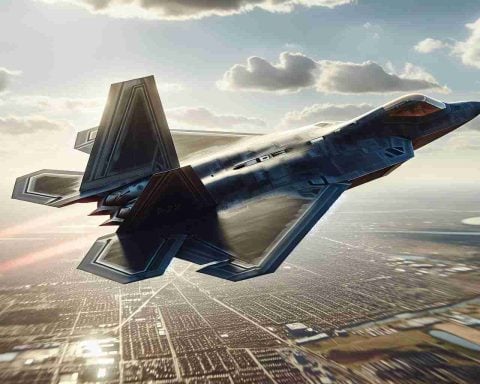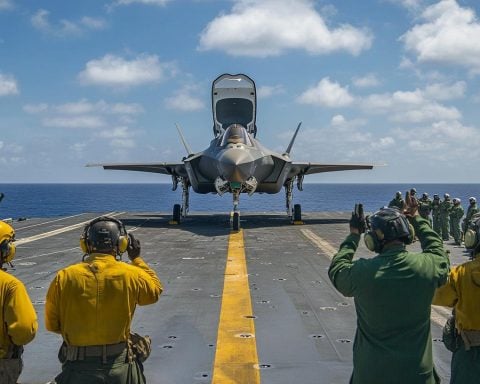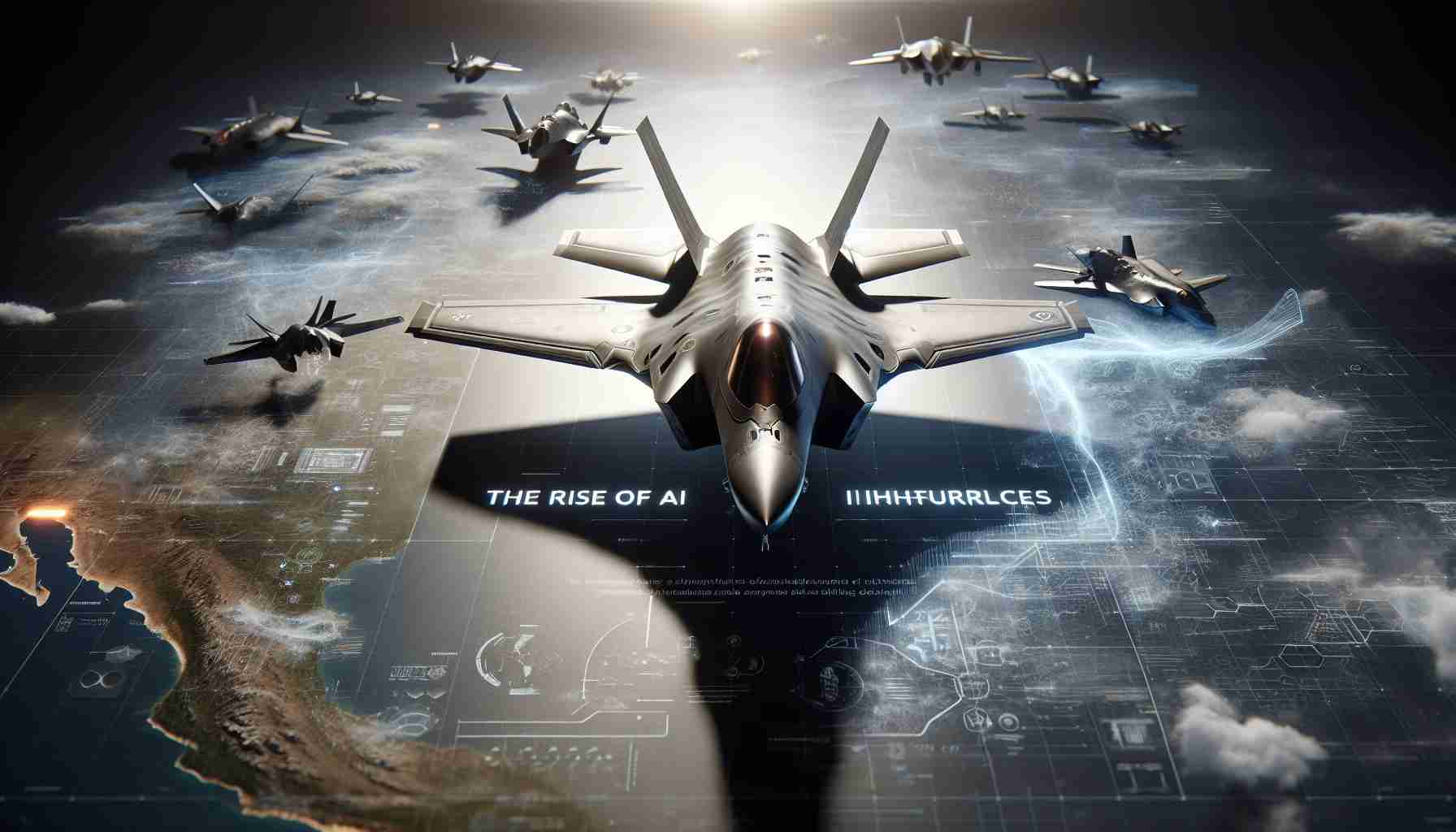In a landmark legal move, the Dutch Supreme Court is poised to decide on halting the export of F-35 fighter jet components to Israel, a decision that stems from urgent concerns over potential international law violations.
The controversy ignited after the Court of Appeals, on February 12, issued a directive to stop these exports, fearing they could facilitate Israel’s contentious military actions. Citing international agreements such as arms trade treaties, Attorney-General Paul Vlas underscored that military exports should be prohibited if there’s a significant risk of misuse, highlighting the gravity of the situation.
Initially, in a December court ruling, a Dutch court dismissed the demands of prominent human rights groups to end the export. However, an appeal by organizations like Oxfam Novib, PAX, and The Rights Forum shifted the scales. On January 22, the Court of Appeals ruled in favor of the NGOs, culminating in the February ban directive.
This legal backdrop coincides with an intensification of military actions in Gaza, which have resulted in tragic humanitarian consequences, with casualties numbering in the tens of thousands, the majority being civilians. The International Criminal Court has reacted by issuing arrest warrants for high-profile Israeli leaders, accusing them of severe international crimes.
As tension mounts, the world waits for the Supreme Court’s crucial decision, while Israel faces mounting legal challenges on the international stage.
The Unseen Battle: Technology, Ethics, and the Future of Defense Exports
In the constantly evolving landscape of international relations and defense technology, a new chapter is unfolding that could redefine global standards. The Dutch Supreme Court’s impending decision on the exportation of F-35 fighter jet components to Israel brings to the forefront not only legal and ethical considerations but also provocative questions about the future of military technology dissemination.
Technological Advancements vs. Ethical Responsibility
The F-35 fighter jet represents the pinnacle of contemporary military hardware. With cutting-edge stealth capabilities, advanced sensors, and unparalleled warfare technology, it symbolizes a critical element in defense strategies worldwide. However, these technological marvels come with an ethical price tag.
Why should technology be restricted? The crux of the controversy lies in the notion of accountability. As military technologies become more sophisticated, their potential for misuse escalates. If these powerful technologies fall into the wrong hands or are employed inappropriately, the repercussions could be catastrophic. Such risks are prompting international bodies and governments to reassess their defense export policies under stringent ethical microscopes.
The Pros and Cons of Defense Technology Exports
Advantages:
1. Economic Boost: Defense exports can significantly bolster a nation’s economy, creating jobs and fostering innovation.
2. Strengthening Alliances: By exporting defense technologies, countries can strengthen diplomatic ties and maintain strategic military alliances.
3. Technological Edge: Exporting advanced technologies ensures that allied nations are equipped with the latest innovations, which can be crucial in collective security efforts.
Disadvantages:
1. Risk of Misuse: There’s an inherent risk that these technologies could be deployed in ways that violate international humanitarian laws.
2. International Backlash: Countries that permit such exports face potential censure from the global community and human rights organizations.
3. Escalation of Conflict: By enhancing the military capabilities of nations, there’s a risk of exacerbating regional tensions and conflict.
How Do These Developments Affect Humanity?
The implications of such decisions reach far beyond military circles. They pose existential questions about technological progression and moral compasses, compelling societies to consider: How far should tech go when human lives are at stake? These scenarios require a delicate balancing act between embracing technological advancements and ensuring ethical responsibilities are met.
Controversies and Debates
One of the most heated debates surrounds the accountability of nations in the aftermath of potential misuse. If exported technologies are used in unlawful operations, should the originating country bear responsibility? Furthermore, what measures should be in place to prevent such outcomes? These discussions urge policymakers to deliberate on stricter laws and monitoring mechanisms to safeguard against ethical breaches.
Additionally, the implications of the Dutch Supreme Court’s decision could set a precedent for how defense exports are managed globally. This legal battle may influence future treaties and agreements within forums like the United Nations, potentially leading to more robust frameworks that govern military trade.
For more comprehensive insights on international law and defense technology, visit Global Affairs Canada or Amnesty International.
As the world anticipates the decision, this moment underscores the increasingly intertwined relationship between technology, ethics, and international law, challenging humanity to navigate the complexities of tomorrow.



















